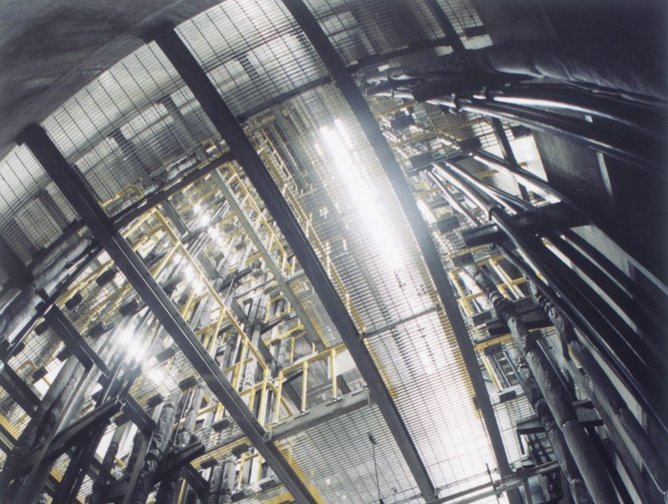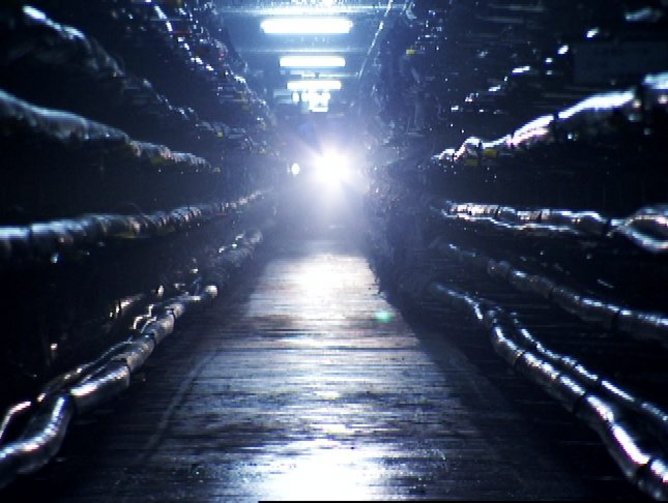NTT in new study to advance hydrogen transportation globally

NTT Anode Energy Corporation has entered into a joint research and development project to study safety measures for the mass transportation of hydrogen through existing pipeline infrastructure.
The study, being performed in collaboration with the National Institute of Advanced Industrial Science and Technology (NAIST) and Toyota Tsusho is expected to contribute to the realisation of a pipeline transportation model for hydrogen that could be implemented globally.
According to a paper published by the International Renewable Energy Agency, “Hydrogen has emerged as an important part of the clean energy mix needed to ensure a sustainable future.” However, the large-scale, stable transportation of hydrogen through new pipeline infrastructure faces issues including land acquisition construction costs and building time.

NTT believes that using existing pipeline infrastructure can solve these issues, and says that this new study represents the next step in this model’s proof-of-concept process.
NTT Anode Energy’s primary areas of research for the study are: hydrogen leakage detection; abnormal sign detection; hydrogen sensors investigation; investigation of residual hydrogen concentration at the time of hydrogen leakage; investigation of explosion effect of manhole cover.
NAIST will concentrate its research on the investigation of fire flame behaviour caused by the ignition of leaked hydrogen in a simulated double piping system
Toyota Tsusho will seek clarification of unit costs through verification of equipment, installation and safety costs; and verification of advantageous conditions and business establishment requirements of pipeline transportation.

The study will examine a double-piping system in which a hydrogen pipeline is placed in an existing pipe (the “sheath pipe”) buried underground. Factors to be measured and contributed to the formulation of technical standards include: on-site investigation of hydrogen leakage detection; verification of detection of signs of abnormality; establishment of a control sequence to ensure safety; and performance evaluation of various hydrogen sensors in a real-world environment.
Safety measures will be investigated under the assumption of unsteady conditions including rupture accidents and natural disasters during pipeline operation. In addition to examining the safety measures necessary for such use of existing pipelines, the study will verify the profitability of such projects, including cost analysis of transportation; energy input; and economic efficiency, as compared to other hydrogen transportation means.
Based on the knowledge and data gained through this project, NTT Anode Energy and its collaborators will promote and establish technical studies on safety measures for practical use. Ultimately, the project will also support the future supply of hydrogen to urban areas (public and commercial facilities, data centres and communications buildings; fuel cell vehicles; hydrogen stations), supply through pipelines utilising communication pipelines (cable tunnels) and will contribute to the development of smart cities and the establishment of hydrogen supply means through pipelines in regions with a view to a society that consumes a large amount of hydrogen through the development of CO2-free hydrogen.
This project is being conducted in accordance with the "Research and development for the full-scale popularisation of ultra-high pressure hydrogen infrastructure/Research and development for international development, international standardization, etc./Research and study for the examination of technical standards for hydrogen supply infrastructure, etc." of the New Energy and Industrial Technology Development Organisation.
About NTT Anode Energy Group
As a company focused on leveraging the information communications technology and DC power supply technologies of the NTT Group in pursuit of “smart energy” business opportunities, NTT Anode Energy is working to develop and deliver energy solutions that make more sophisticated and efficient use of distributed energy resources such as renewable power generation facilities and storage batteries. In this way, it can fully express the unique synergies of the NTT Group. Through these efforts, it aims to work with partner companies to create new energy distribution mechanisms to help to revitalise industries and shape a more sustainable society.






